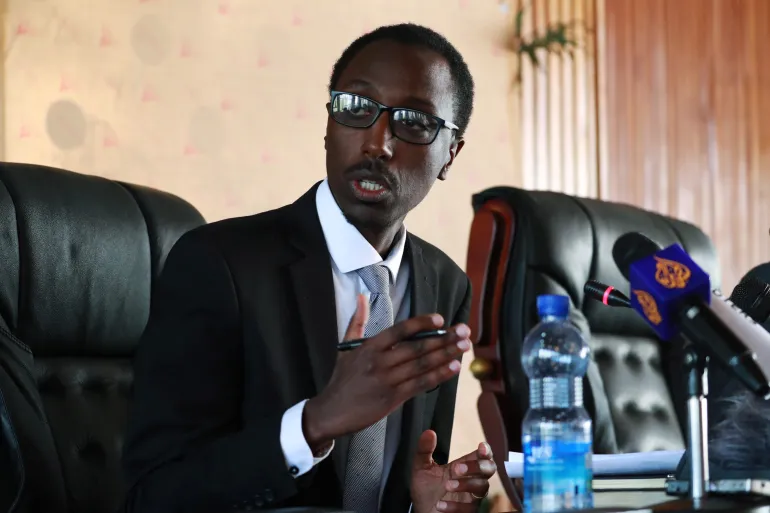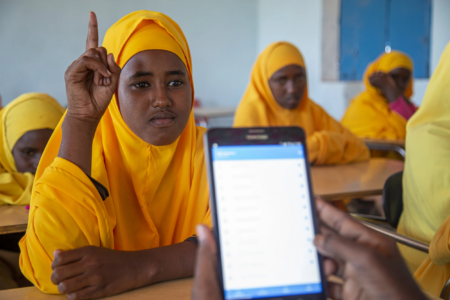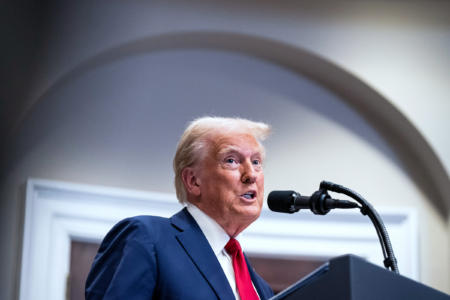In early October 2025, Ethiopia shocked the diplomatic world by formally accusing Eritrea, in a letter to UN Secretary-General António Guterres, of colluding with opposition forces inside Ethiopia to wage war.
What is the Allegation of Ethiopia Against Eritrea
On 2 October 2025, Ethiopia’s Foreign Minister Gedion Timothewos delivered a diplomatic letter to the United Nations claiming that Eritrea had begun “collusion” with the Tigray People’s Liberation Front (TPLF)—a Tigray-based political and military organization formerly at war with the federal government.
The allegation of Ethiopia says that Eritrea and the TPLF are actively preparing for a military campaign against Ethiopia.
It accuses Eritrea of funding, mobilizing, and directing armed groups in Ethiopia’s Amhara region, where federal forces face several ongoing conflicts.
Ethiopia frames the accusations as more than internal politics: Addis Ababa warns that Eritrea is attempting to destabilize Ethiopia’s sovereignty and undermine its unity.
Eritrean Silence—and the Stakes of the Red Sea
Asmara, Eritrea’s capital, has remained largely silent in response.
Eritrea has not issued a strong public denial or rebuttal on the allegation of Ethiopia.
At the heart of the tensions lies one strategic demand from Ethiopia: access to the Red Sea.
Since Eritrea’s independence in 1993, Ethiopia has lost its direct coastline.
Ethiopia’s Maritime Aspirations
Ethiopian leaders argue that regaining maritime access is not only an economic necessity, but also key to reducing dependence on neighboring states like Djibouti.
From Addis Ababa’s view, Eritrea’s control of Red Sea ports—especially Assab—gives Asmara geopolitical leverage over its larger, landlocked neighbor.
Eritrea, however, sees Ethiopia’s maritime aspirations with suspicion.
Asmara fears that any inching toward seaport access may mask expansionist intent or pressure to force a new status quo.
A Dangerous Turn: What This Means Regionally
This confrontation is more than bilateral antagonism—it could shift balance across the Horn of Africa. Ethiopia’s accusation raises the specter of open conflict, and comes amid a fragile regional environment already stressed by crises in Sudan, Somalia, and contest for influence along the Red Sea corridor.
If fighting breaks out, it may open a new front in a region already stretched by multiple conflicts and shifting alliances.
Middle Eastern Countries Involved in the War
Countries like Egypt, Saudi Arabia, and Gulf powers could be drawn in, given the strategic importance of the Red Sea and the Horn.
Even now, observers warn that diplomacy, mediation, and strong international pressure are crucial.
An unchecked escalation would threaten more than just Ethiopia and Eritrea—it might unravel fragile security across the eastern Africa corridor.
What Comes Next? Paths Forward and Risks
Ethiopia says it still prefers negotiation.
The letter calls for “good faith talks” and emphasizes that Ethiopia’s maritime interest should be addressed peacefully.
But “restraint is not indefinite,” the message warns.
If Eritrea continues alleged interference, Ethiopia leaves open the option of defensive or even retaliatory steps.
Diplomatic actors now face critical decisions: whether to step in as mediators, enforce sanctions, or risk letting this spiral into open conflict.
For neighboring states and global actors alike, stability in the Horn depends on whether this confrontation remains on paper—or turns into war.
Source: Horn Review








